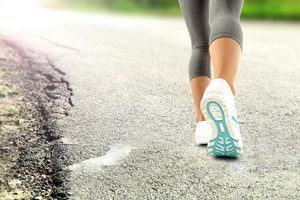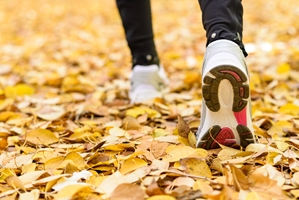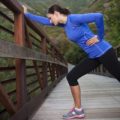
An estimated 40 million Americans suffer from indoor and outdoor allergies, according to the Asthma and Allergy Foundation of America. With experts predicting a particularly nasty allergy season ahead, it's important to find ways to minimize the negative effects of allergies on your life. A recent CNN article, first published on Turner Broadcasting's exercise site Upwave, offers these tips for fitting in healthy exercise even when you have allergies:
Wear shades
If you're exercising outside, consider wearing glasses or sunglasses. They can physically block some allergens from blowing into your eyes, minimizing your body's reaction.
Time it right
Pollen counts are typically lowest in the afternoon, so if you're planning to exercise outdoors try to do it then.
Track pollen counts
Sites such as Weather.com forecast more than just high and low temperatures. They'll also tell you overall pollen counts in your area. On days when the count is low, go ahead and enjoy your daily jog in the park. If the count is high, it's probably better to hit the treadmill. Experts say pollen counts are often elevated on windy, warm days.
"The best time to exercise outdoors is right after a rainfall, because the pollen has mostly been washed away," Dr. Michael Foggs, President of the American College of Allergy, Asthma and Immunology (ACAAI), told Upwave.
Take a dip
According to the ACAAI, swimming can be a good exercise option for those who suffer from allergies and asthma. However, some people have a sensitivity to chlorine that can exacerbate or trigger symptoms. Talk to an allergist about whether you should exercise in the pool.
Check out the Allergy Be Gone website to learn about our many allergy control products, for managing your pollen allergy symptoms.









